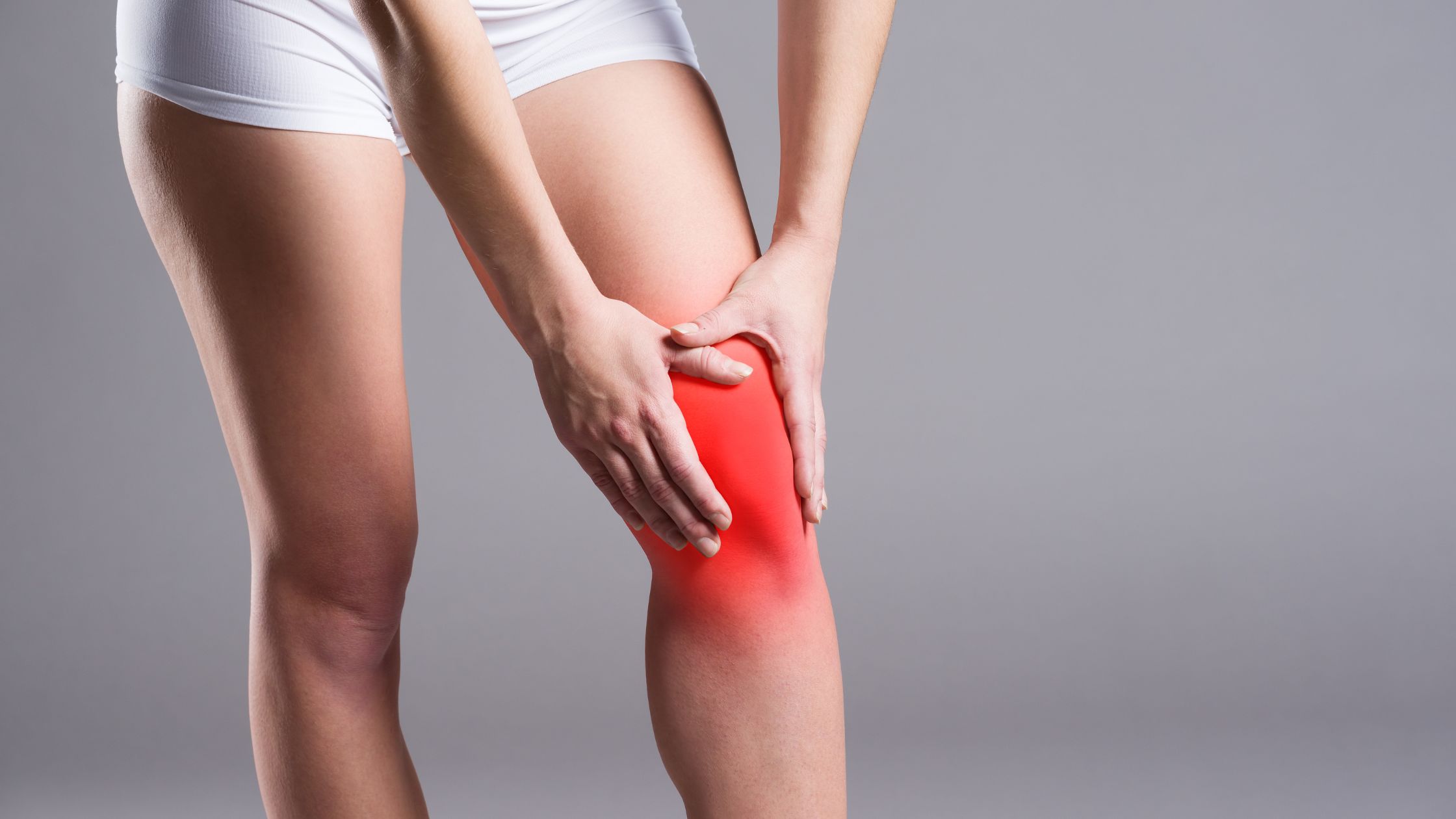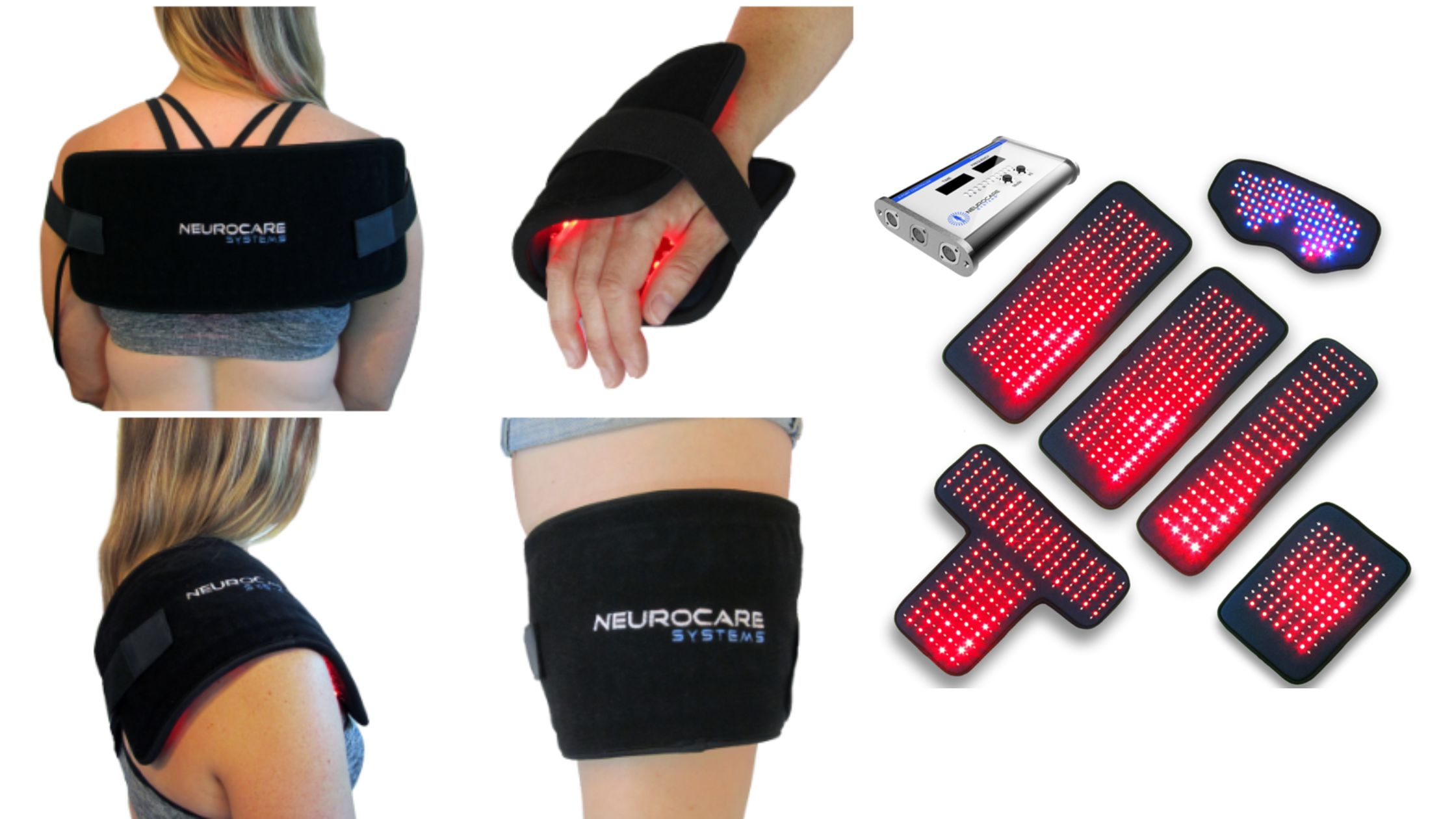Your immune system is set up to protect you from invaders like viruses and bacteria or injury. It deploys inflammatory cells and cytokines to trap bacteria and other invaders and begins the healing process for damaged tissue. This all too often leads to pain and swelling – inflammation.
For decades anti-inflammatory drugs and steroids have been used to treat inflammation, but recently McGill University’s Jeffrey Mogil discovered that the treatment can lead to long-term problems.
These findings are leading professionals and those suffering from inflammation to search for alternative treatments. As an RMT and longtime practitioner working with clients who have chronic pain, it’s very interesting to read this report and understand more about how inflammation works in the body, and to consider alternatives for treatment.
Symptoms of Inflammation
Inflammation is our immune system’s response to “danger.” When we are injured or ill our immune system sends inflammatory cells to begin repairing any damaged tissue and/or trap any invading bacteria. This may cause pain, swelling, and redness, and is a natural, protective response to injury or invasion.
Symptoms vary among conditions and sufferers. They can include pain in the knees, neck, back, hips, shoulders, elbows, and ankles. You will often see inflammation with auto-immune diseases and arthritis. Other symptoms of inflammation include chronic fatigue, insomnia, depression, and gastrointestinal issues.
What Triggers Inflammation?

In chronic autoimmune diseases, your body triggers your natural defense mechanism, your immune system, to attack regular tissues in your body.
What Are Common Treatments for Inflammation?
You can read more about how to reduce inflammation in this recent blog post I have written.
Rest is important in improving inflammation, but sufferers commonly treat inflammation in a number of ways, including:
Exercise
Exercise can help you control your weight, build muscle, and boost your immune system. Take regular short walks or try mobility and stretch classes, to improve your range of motion.

Supplements
Supplements like vitamins, herbs, and spices with anti-inflammatory properties can help. Omega-3 fatty acids, zinc, fish oil, curcumin, and cat’s claw are powerful supplements. Cooking with ginger, garlic, and cayenne will also help to reduce inflammation.
Medications
Nonsteroidal anti-inflammatory drugs (NSAIDs) like ibuprofen, aspirin, and naproxen can be used for pain. These over-the-counter medications should not be used long-term as they are linked to peptic ulcers, kidney disease, and other conditions.
Steroids
Corticosteroids are administered by injection. These steroid hormones decrease inflammation and suppress your immune system, but when used over an extended period can cause vision issues, high blood pressure, and osteoporosis
Auto-Immune Disease Medications
Antimalarial medications like hydroxychloroquine regulate the immune system. Antirheumatic drugs like methotrexate affect DNA synthesis and immune signaling.
An Anti-inflammatory Diet
Diet can worsen inflammation. It’s best to choose anti-inflammatory foods, including fruit, vegetables, nuts, grains, and fish. It’s important to avoid eating processed foods, sugar, refined carbs, and trans fats.
Red Light Therapy Treatment for Inflammation
Red light therapy works to treat inflammation with concentrated waves of red and near-infrared light that stimulate the mitochondria. The ATP produced regenerates cells, leading to reduced inflammation. Red Light Therapy not only helps to increase ATP production but also antioxidant production, which helps with joint pain and inflammation.
This natural inflammation treatment helps sufferers without adding on the risks that NSAIDs and other medications offer. Concentrated wavelengths of light are applied to your skin, relieving chronic inflammation by increasing blood flow to damaged tissues. Clinical research supports the idea that red light therapy helps with inflammation.

Rapid Neurofascial Reset for Inflammation
This relatively new treatment, NFR, works to help support your neurological and fascial system. The fascia is the connective tissue that holds your blood vessels, bones, muscles, nerve fibers, and organs. Rapid NFR targets soft tissues of the body, working on movements at your full range of motion, bringing relief to your ligaments, muscles, nerves, tendons, and tissues.
Can Ice Relieve Inflammation?

Many people use ice and anti-inflammatory medication treatment to manage inflammation. But the McGill University Study mentioned above brings up a big concern. The anti-inflammatories that help in the short run may also be contributing to the long-term chronic pain people are trying to avoid.
So, while you may be getting relief from pain in short term, chronic pain may be on the horizon. For this reason, turning away from over-the-counter pain medications and trying Red Light Therapy may be your best bet. If you are currently depending on NSAIDs, talk to your doctor about the long-term side effects and how long it is safe to use them.
In my practice, I have seen Red Light Therapy and RAPID Neurofascial Reset help inflammation, and when used in combination with other methods, it can reduce the risk that anti-inflammatory drugs can cause. And there are many benefits that red-light therapy offers.
Athletes and others have been conditioned to use ice to treat ailing joints, muscles, and tissue. While ice can help with inflammation, we have to take a step back and realize that when we apply the ice, we are stopping the body’s natural response to our injuries.
The RAPID process and Red-Light Therapy work on the area of injury to help heal it. But in order to do this, we have to understand that inflammation is not always a bad thing. It occurs for a reason and serves a purpose.
After your body suffers an injury, inflammation begins, and pain arises. When we stop the inflammation, the cells are held or stuck in one place and may cause chronic pain. When we think about long-term goals, we are trying to reach a better option than relying on anti-inflammatory medication.
In light of the McGill University study, it’s safe to say that there is a link between NSAIDs and chronic pain, but more studies must be completed to arrive at better options for treatment. Until then, we can consider these alternatives to over-the-counter medications or use them in combination to increase the efficacy of the treatment.
So What’s The Right Treatment For Your Inflammation?
The McGill study is interesting because it highlights just how much we really don’t know about treating inflammation. Many tried and true methods may be outdated or in fact increase the potential for chronic pain down the road.
If you’re searching for the best way to treat inflammation or reduce your chronic pain, book a call with me here and we can discuss alternative treatments, and what the best options for you might be.



0 Comments